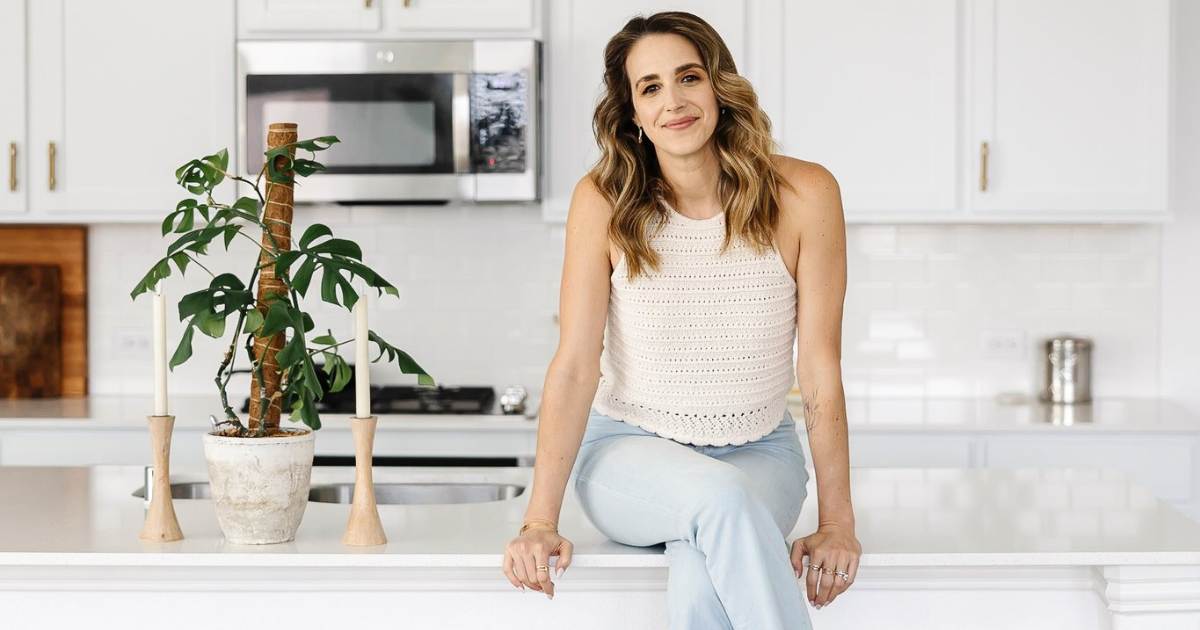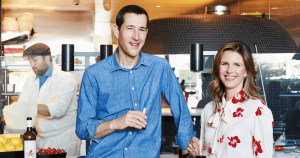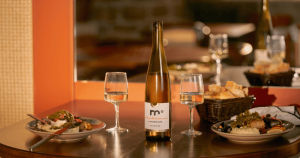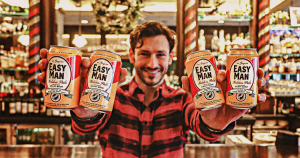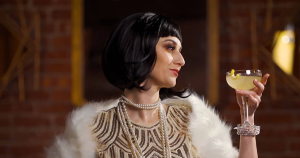By Dr. Janine Kreft, clinical psychologist
A palpable momentum is building in our overall collective consciousness, and it is directly impacting how we want to feel and what we are willing to consume. Over the past few years, mental wellness has become a major priority for many. Mental health videos went viral on social media and the masses became hyper aware of their own personal coping mechanisms. When before the nervous system was less known, now folks are more easily able to acknowledge their own patterns, triggers, and how they self soothe in unhelpful ways.
Alcohol: a normalized depressant
Although it is not new that alcohol is not the best for our bodies, it was almost odd how much we were in collective denial about how detrimental it is for us. For decades, drinking to excess has been normalized and even encouraged to celebrate or cope with a hard day. Yet how were we so able to accept this as the norm for so long? Well, the marketing was certainly key. People were aware that hangovers were not the vibe but instead of the message being: “Why do we do this to ourselves?”, it was: “Try this hangover cure!” Not drinking was not really an option, and so many folks did not listen to themselves.
And so this also contributed to people using alcohol to better manage uncomfortable states: Anxiety, depression, stress, overstimulation, or even when feeling lonely. Yet although it has a temporary seemingly positive effect on mood, it quickly turns sour when we wake up the next day feeling worse than we did before. Alcohol creates inflammation in the body and, as a depressant, creates significant changes in our brain chemistry leading to worsening mental health.
Revisiting my own relationship with alcohol
This is true even for myself, a psychologist who facilitates folks’ transformations through nervous system regulation. I found myself in a less than ideal relationship with alcohol. As a millennial, I grew up in the era where drinking was the norm for parties and pretty much any social gathering. Working in hospitality following college ramped this up even more. Finding an appreciation for the complex flavors of wine and how they paired with food was a joy. And so was the nervous system relief and numbing out of the constant internal dialogue. It just became the status quo. As I was around others who chose the same, it did not seem like a big deal.
I eventually found myself becoming increasingly frustrated with the pattern. Desiring to no longer be in the cycle yet struggling to change my identity around it. I mean I was known as “Auntie Bubbles,” the fancy pants gal that loved her champagne. Yet I became increasingly aware as I continued to do my own inner healing how misaligned regularly consuming alcohol was for me. Still, it was challenging to envision what I would replace my nightly glasses of wine with.
A few years ago, I became so frustrated with the shame cycle around drinking that I stopped cold turkey for 60 days. And it was certainly enlightening. The first week was emotionally challenging, mostly from the frustration with myself that it felt so hard to separate from alcohol. I had convinced myself for so long that it wasn’t that bad. After that first tough week, I found many things improving: my sleep, my skin, and my overall mood. Yet it wasn’t quite time to make the shift. Somehow, one glass of champagne on my birthday slowly led to regular drinking again.
I again ignored the call for some time until about 18 months ago. Alcohol simply lost its luster. I no longer found it so interesting, and I highly desired to feel good instead. I had started yoga teacher training and was taking hot yoga every day. Building that level of strength and flexibility in my body just didn’t align with my current use. So I mostly stopped. I still allowed myself one drink here and there, but I rarely desired it at all. And this is when I began seeking what fun non-alc things there were on the market.
Searching for alcohol alternatives
New to this corner of the world, I tried a lot. And I struggled to find what I really wanted to drink. Something light and fizzy with natural ingredients, no added sugar, and functional elements that aided in some nervous system regulation. When chatting with my Gen Z bestie about this (who never had a strong interest in regularly drinking), we decided to start our own brand!
And so House of Botanique was born. We are a little over a year into research and development and are planning to launch our first two botanical infusions late this summer: Calamansi Mango and Passionfruit Sage. We are so excited with how these delicate drinks came out and can’t wait to be live on the market! I am also excited to see where the non-alc movement goes. I sense it is only going to keep gaining momentum as folks continue to awaken to what makes them truly feel fulfilled to their core.
About the author
Dr. Janine Kreft is a clinical psychologist turned Mental Wellness and Energetics Mentor. She worked with veterans with complex trauma for seven years until starting Kreft’s Couch in 2021. She now coaches high achievers around the world on their mental performance and conscious evolution with nervous system regulation, subconscious rewiring, and frequency work. Dr. Kreft was a ballet dancer for 17 years and recently reignited her love of movement with a daily hot yoga practice. She teaches yoga locally in the North Dallas area and, during her teacher training, found that regular alcohol consumption was no longer resonating with where she was going. A longtime lover of beautifully complex wines and crafted cocktails, she wondered what her replacement would be. Struggling to find what she was looking for on the market, she co-founded House of Botanique in 2023 and is launching her botanical infusions late this summer.
Dry Atlas is a media company focused on alcohol alternatives. We deliver non-alcoholic beverage news, insights, and recs to over five million people annually. To stay up to date on all things non-alc, subscribe to our weekly newsletter.


